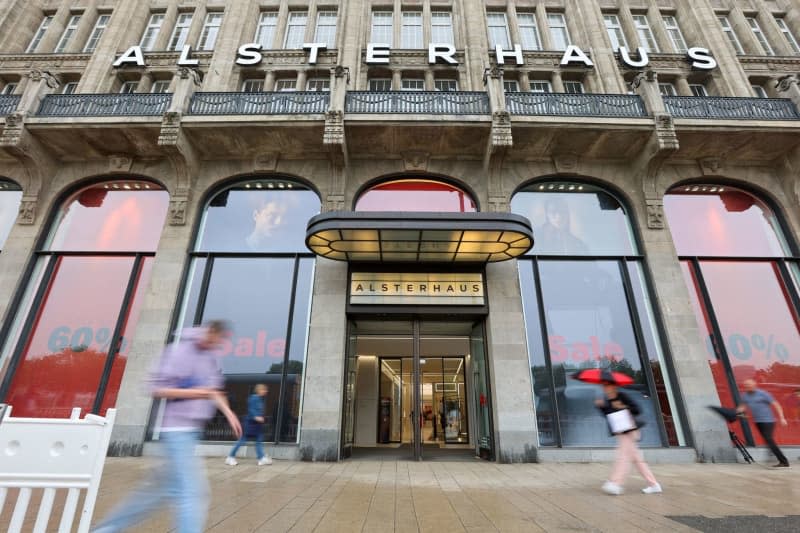Sources: Owner Strikes Lease Deals for Famed German Department Stores
In a significant development for Germany's luxury retail landscape, the owner of the renowned department stores, Munich's Oberpollinger and Hamburg's Alsterhaus, has successfully negotiated new lease agreements. Sources familiar with the situation revealed to dpa on July 26 that these deals were struck with the bankruptcy administrator of the previous owner, ensuring the continued operation of both iconic establishments.
New Lease Agreements
The newly established rental agreements are pivotal for the future of the Oberpollinger and Alsterhaus stores. According to the KaDeWe Group, which owns both properties, these agreements will allow the stores to remain open, providing a sense of stability amidst recent financial turmoil. Employees were informed of the new deals on Friday morning, marking a crucial step forward for the workforce and the businesses.
Impact on Employment
While the new lease agreements bring a sigh of relief for the stores' operations, they are not without consequences. Reports indicate that approximately 40 job cuts will accompany the agreements, primarily affecting the administration of the KaDeWe Group, but also impacting the stores themselves. With a total workforce of around 1,300 employees, the layoffs highlight the ongoing challenges faced by the retail sector in the wake of economic pressures.
Ownership Changes
The Central Group, a prominent Thai retail and hospitality giant, has taken direct control of the business operations of the three luxury department stores since June. Previously holding a 50.1% stake in the KaDeWe Group, the Central Group's acquisition of the remaining stake and the buildings themselves from the bankrupt Signa empire, owned by the controversial Austrian real estate mogul René Benko, marks a significant shift in ownership dynamics.
Financial Context
The KaDeWe Group filed for insolvency in January, raising concerns about the future of its operations. However, business activities within the department stores have continued uninterrupted. Notably, Berlin's iconic Kaufhaus des Westens (KaDeWe), also under the KaDeWe Group umbrella, remains unaffected by the recent lease agreements. The Central Group's acquisition of the KaDeWe building for €1 billion ($1.1 billion) in April further underscores the strategic importance of these luxury retail properties.
As the dust settles on these developments, the future of Germany's luxury department stores appears to be on a more stable footing, albeit with the challenges of job cuts and the need for ongoing adaptation in a rapidly changing retail environment.
